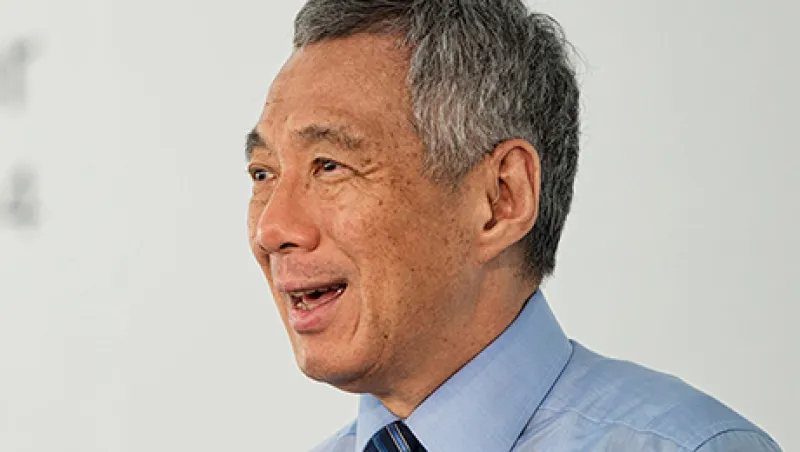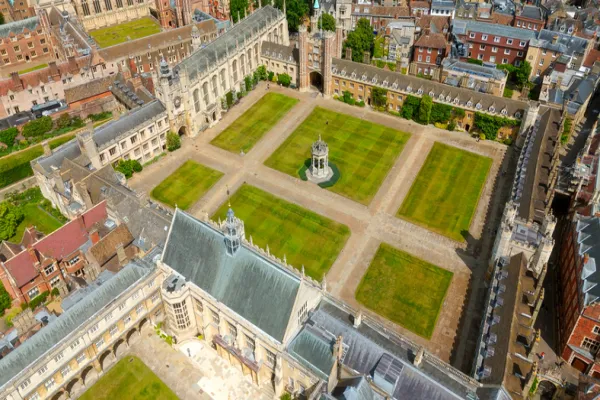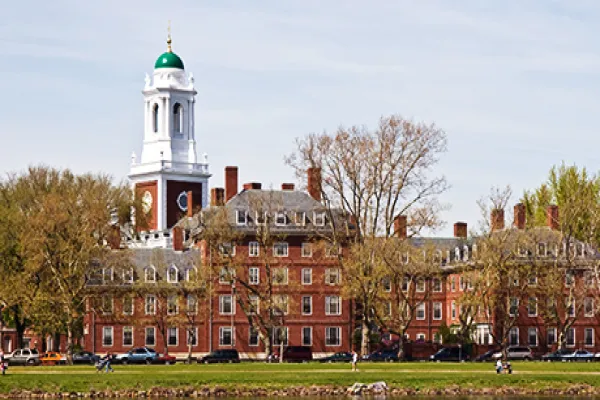For much of September the island city-state of Singapore has been shrouded in acrid smoke blowing in from neighboring Indonesia’s burning forests. By contrast, the country’s political winds remain largely calm — though the ruling People’s Action Party (PAP) did take some heat during the recent general election campaign.
Disaffected young people flocked to rallies held by the Workers’ Party and other government foes that drew crowds of more than 50,000. For the first time the PAP, which has led Singapore since 1959, faced opposition for all of the nation’s 89 parliamentary seats. But in the September 11 election, incumbent Prime Minister Lee Hsien Loong’s party grew its share of the popular vote from the previous contest, in 2011, and maintained its almost complete domination.
The PAP won with 69.9 percent of the vote, claiming 83 seats. “TY for giving @PAPSingapore a strong mandate,” 63-year-old Lee, who was first elected as a member of parliament in 1984 and has served as prime minister since 2004, tweeted after the results came in. “We’ll work hard with you, to take S’pore forward.”
That Lee’s party prevailed again is hardly surprising, given its long history and its connection to the founder of modern Singapore. When the country gained independence 50 years ago this August under his father, former PM Lee Kuan Yew, the PAP had already held sway for more than half a decade. But since 2011 its primacy had been in question.
The lead-up to that year’s vote saw rumblings of discontent, especially among younger citizens, over the rising cost of living and creeping unemployment. Although Singaporeans opted for the status quo, they made their displeasure known. In most other countries, taking 60 percent of the vote would be considered a landslide. For Lee and his party in 2011, that margin of victory was the worst showing in the PAP’s history and, by extension, the poorest for any elected Singaporean government.
This time around, reforms that answered protesters’ calls, plus a resurgence in patriotism following the death of the elder Lee in March, helped keep the incumbents ahead. The reelected prime minister acknowledged his critics. “We have a new generation with better education, with access to social media, who expect their views to be heard and given more weight,” Lee said in a statement.
In Asia and elsewhere, Singapore has long been heralded as an economic and multicultural success story. Its low-tax environment has won plaudits from the likes of the World Bank Group for ease of doing business. So Lee, who holds a master’s in public administration from Harvard University, raised eyebrows with recent policy changes that include a tax on the top 5 percent of earners to help fund new social initiatives such as subsidized health care, as well as other programs aimed at the elderly and lower-income earners.
To tackle unemployment the government has cut back on foreign work visas, making more jobs available to locals. (Roughly one quarter of Singapore’s 5.3 million inhabitants are expats.) That move helped to quell some voter unease, although Lee has expressed fears that the policy, which requires employers to leave a job listing open for at least 14 days before interviewing a foreigner, will make the country a less attractive destination for international investment.
In the end, most Singaporeans saw little reason to dump Lee and the PAP. The jobless rate rose during the first half of 2015, but only to 2 percent from 1.8 percent. Thanks to efficient government planning and public willingness to enforce decades-old laws criminalizing such acts as spitting gum onto the sidewalk, the nation’s streets are nearly spotless, as are its finances. Singapore is one of the few countries with a triple-A credit rating.
Still, external factors could threaten that stability. Like much of the rest of Asia, Singapore is feeling the shock waves from China’s recent devaluation of the renminbi, which makes its exports theoretically less competitive. After that move Singapore’s Ministry of Trade and Industry cut its gross domestic product growth projection for this year to between 2 and 2.5 percent from 2 to 4 percent. A sluggish commodities market hasn’t helped either, given that the country’s key industries include petroleum refining and oil-drilling equipment.
Both turns of events have sovereign wealth funds like Singapore’s Temasek Holdings on edge. Meanwhile, the Singaporean dollar hasn’t been weaker since the Asian financial crisis of 1997: Year-to-date it’s lost more than 10 percent against the U.S. dollar.
Whether Lee can take Singapore forward through this latest storm remains to be seen. But in keeping with their actions over the past five decades, voters are prepared to give his party another chance.
Get more on macro.
Visit Anne Szustek’s blog and follow her on Twitter at @the59thStBridge.






